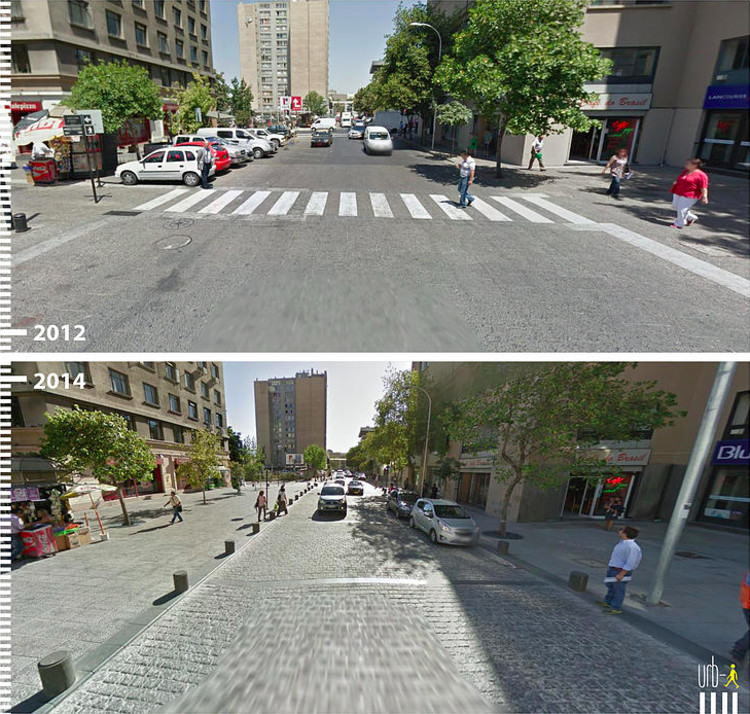
As a profession with the power to alter people's cities and neighborhoods - and indeed therefore their lives - architecture is often a controversial business to be involved in; many members of the public have learned to be suspicious of any plans for development in places they care about, often turning architecture into a villain to be fought. One proposed solution to this conundrum is to include public participation as much as possible, but many architects are skeptical of such an approach. At a time when the responsibilities of architects are being eroded by engineers and project managers, what would be left to architects if the public is allowed control over the design? Seeking to understand this challenge, in this interview from MONU Magazine's latest issue on "Participatory Urbanism," Bernd Upmeyer speaks to Jeremy Till, a British Architect, writer and educator who has written extensively about the need to for architects to relinquish control and involve local communities in their design process.
Bernd Upmeyer, on behalf of MONU, spoke with the British architect, writer, and educator Jeremy Till. He is the head of Central Saint Martins and Pro Vice-Chancellor of the University of the Arts, London. Previously he was Dean of Architecture and the Built Environment at the University of Westminster, and Professor of Architecture and Head of School of Architecture at the University of Sheffield. Till’s research and writing concentrate on the social and political aspects of architecture and the built environment. His written work includes "Flexible Housing," "Architecture Depends" and "Spatial Agency." In 2005 he was one of the editors of the publication “Architecture and Participation” to which he contributed a piece entitled "The Negotiation of Hope." The interview took place on September 3, 2015.









.jpg?1440453412)





















